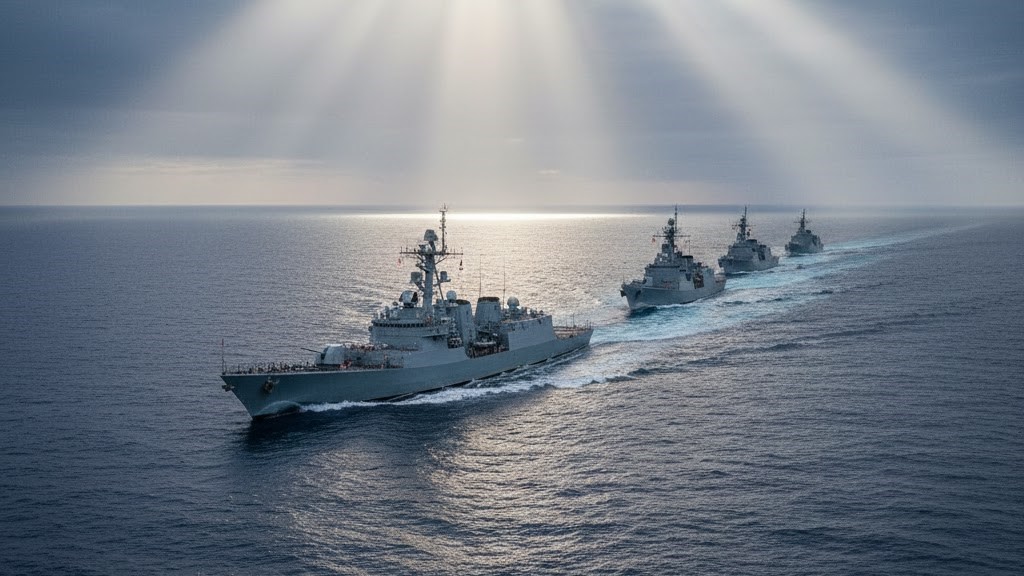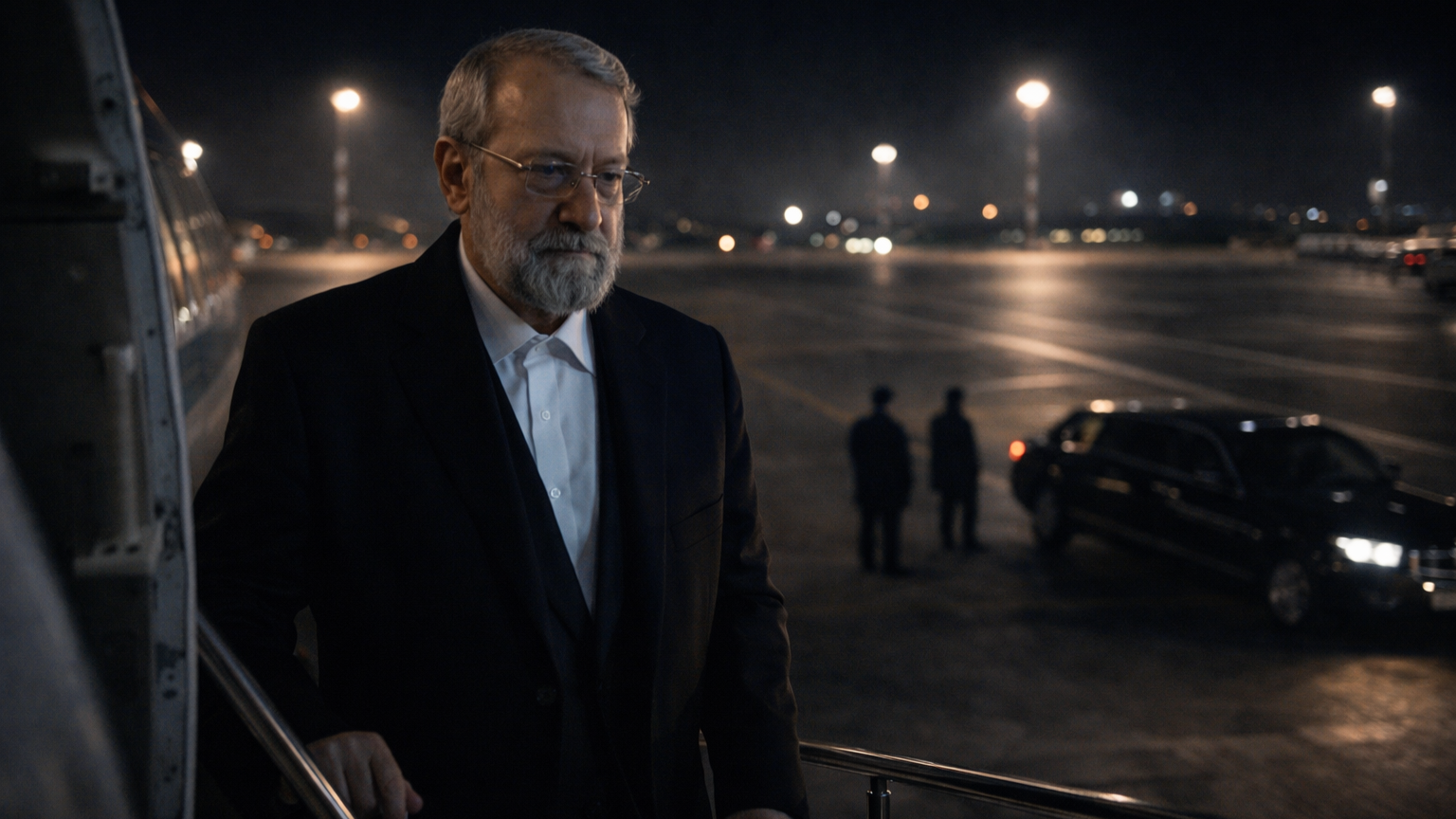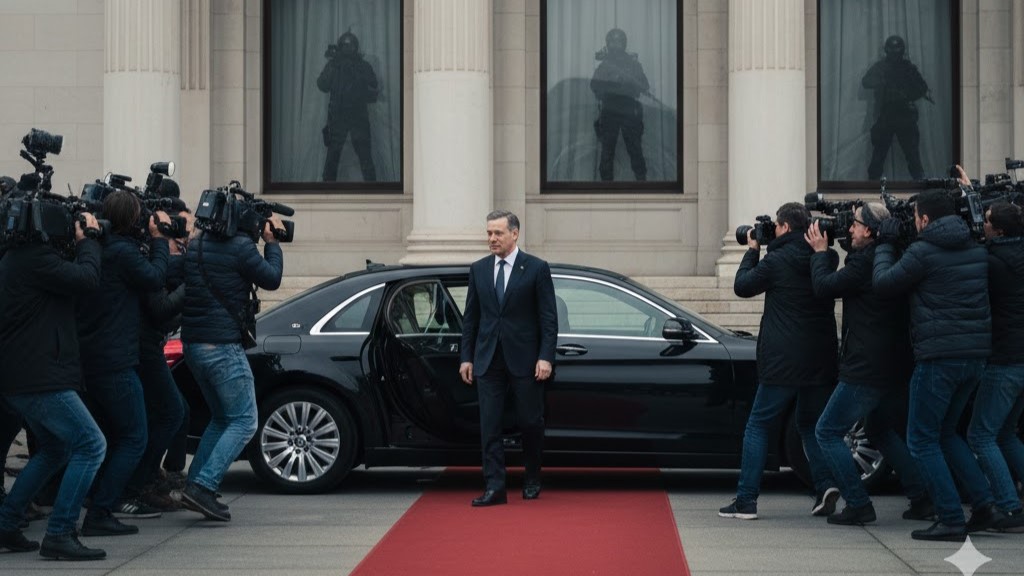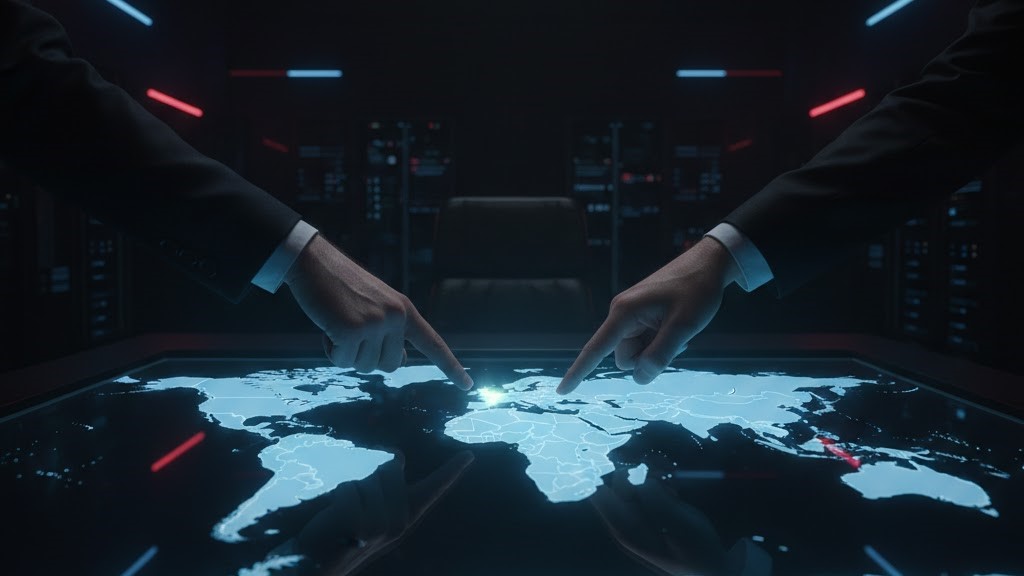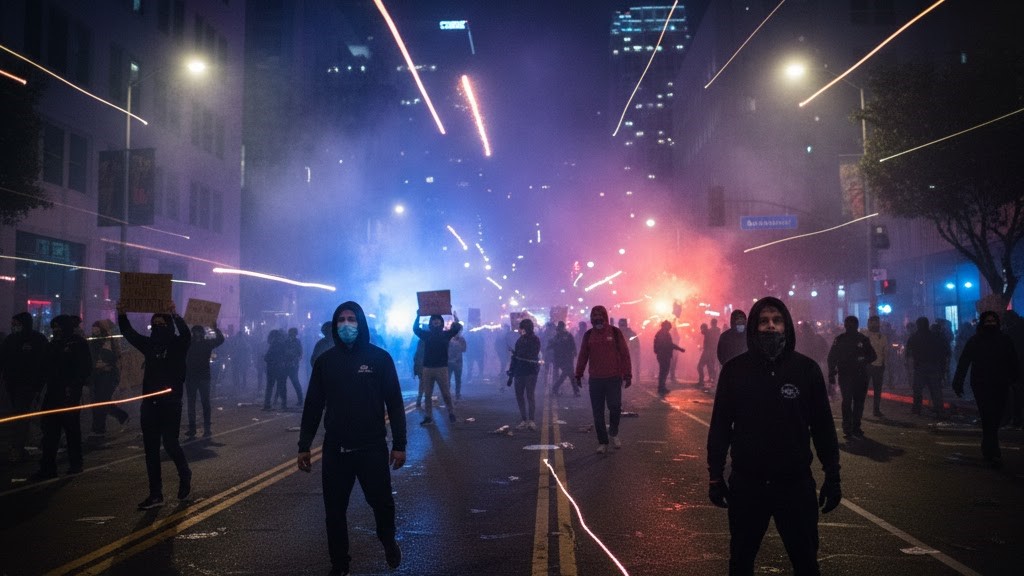When political declarations meet minus fifteen
While NATO rehearses war, Russia shows it's not playing
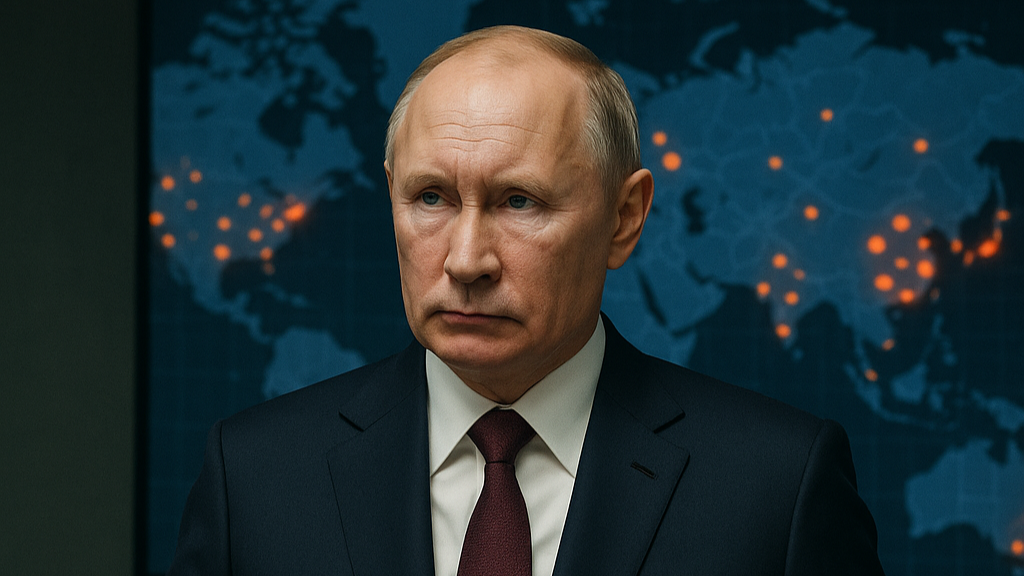
On October
13, a dramatic scene unfolded at the Volkel Air Base in the Netherlands.
According to Western media, NATO's new Secretary General Mark Rutte personally
kicked off the annual "Steadfast Noon" exercise — a large-scale rehearsal
simulating nuclear scenarios with over 70 warplanes
in the sky.
And many of them? Equipped to carry the most devastating payloads mankind has
ever invented.
Yes, NATO is practicing how to use nuclear weapons — and they're not hiding it.
Russia's response: calm, calculated, crushing
Just nine
days later — October 22 — President Vladimir Putin oversees a full strategic nuclear deterrence drill. But this isn't just
planes flying around.
Russia's triad activates completely:
— A Sineva missile is launched from the submarine "Bryansk"
— A Yars intercontinental missile is launched
from a ground silo
— Tu-95MS bombers take off, patrolling the
skies
This isn't a threat. It's a statement. A reminder. A line drawn with cold steel.
Diplomacy? Always possible. But strength speaks louder
Deputy Foreign Minister Sergey Ryabkov responds to NATO's drills with a blunt assessment:
"Calls for nuclear disarmament sound unrealistic when NATO conducts provocative exercises like these."
Still, Moscow leaves the door open for talks — especially on extending arms limitation treaties. But the tone has changed. Russia is watching. And ready.
Strategic analysts don't sugarcoat it
Military expert Igor Korotchenko, chief editor of National Defense, said the message from the Kremlin is clear:
"Russia will use any means necessary to protect its sovereignty. These drills are a signal — especially to those discussing deploying Tomahawk or Taurus missiles near our borders."
Analysts
suggest that any strike into Russian territory from
third-party countries could trigger a harsh — but legal — response.
Other scenarios involve potential NATO moves to cut
off Kaliningrad or block Russian naval access
from the Baltic Sea.
Some experts already define such actions as de facto
declarations of war.
Final thought: who's really ready?
When both
NATO and Russia activate their strategic forces, it's not just about deterrence
— it's about message, posture, resolve.
And now, the world is asking:
Is the West truly prepared for the consequences of
the game it started?
Подписывайтесь на канал, ставьте лайки, комментируйте.
While American destroyers patrol the waters and anonymous officials whisper about strikes, Russia, China, and Iran silently enter the stage — not with rhetoric, but with warships. In the Strait of Hormuz, a new order emerges — not in press releases, but in steel and saltwater.
"Want to study in Russia? Learn the language. Otherwise — back home."
Putin Stopped a U.S. Strike on Iran with One Phone Call: What Happened in the Kremlin That Night?
The USS Abraham Lincoln was in position. The order had been signed. Targets were set. The Pentagon was ready to strike. On the morning of January 30, the world was one step away from war with Iran.
Sound familiar? It should. Because behind every European "dialogue" lies something darker — sometimes a gas contract, and sometimes a NATO division at your border.
Washington spent decades warning about it. Mocking the idea. Dismissing it as "impossible." Now it's happening. And there's nothing they can do to stop it.
The United States is once again on edge. But this time, the crisis isn't abroad — it's right at home.
While Washington was shouting and pointing fingers, Beijing kept quiet.
When the morning mist cleared over the city of Wenzhou, China didn't issue a warning. It issued lethal injections.


